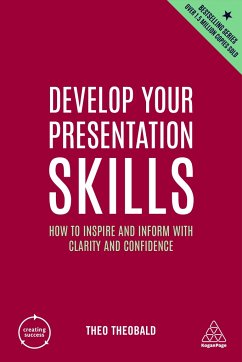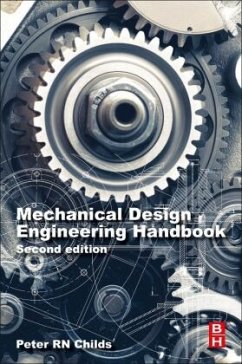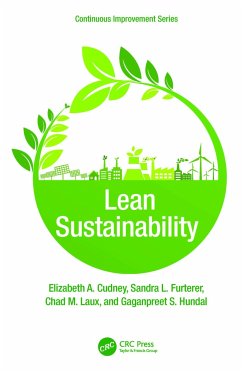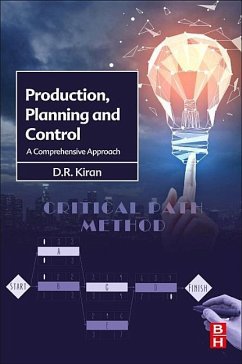
Work Organization and Methods Engineering for Productivity

PAYBACK Punkte
57 °P sammeln!
Work Organization and Methods Engineering for Productivity provides an introduction to, and practical advice on, assessing methods of working to achieve maximum output and efficiency. The main focus of the book is on the 'work study', which helps to increase the productivity of men, machines and materials. We are currently seeing a lot of disruptive advancement in industrial operations caused by technologies, including artificial intelligence and IoT. Against this technological backdrop, and with ever increasing focus on value, the fundamental understanding of how to analyze and organize the w...
Work Organization and Methods Engineering for Productivity provides an introduction to, and practical advice on, assessing methods of working to achieve maximum output and efficiency. The main focus of the book is on the 'work study', which helps to increase the productivity of men, machines and materials. We are currently seeing a lot of disruptive advancement in industrial operations caused by technologies, including artificial intelligence and IoT. Against this technological backdrop, and with ever increasing focus on value, the fundamental understanding of how to analyze and organize the workplace for productivity is more important than ever.
Case studies and illustrations throughout make this book a much have for managers with responsibility for production and planning in industry.
Case studies and illustrations throughout make this book a much have for managers with responsibility for production and planning in industry.













